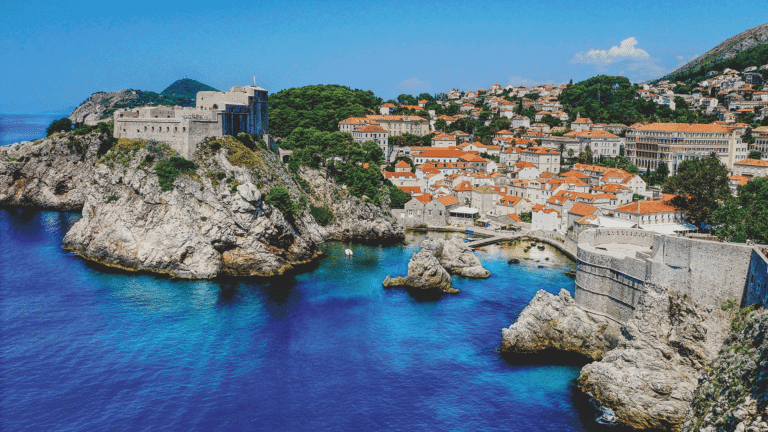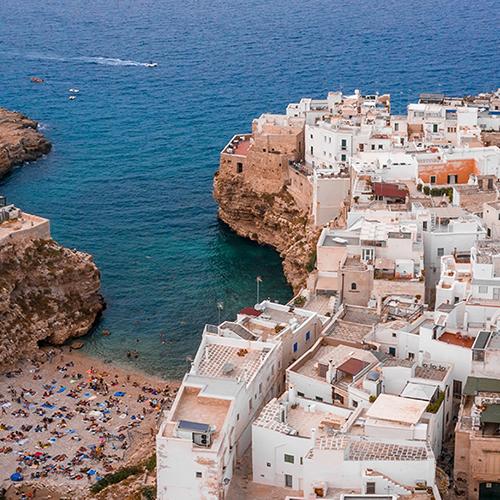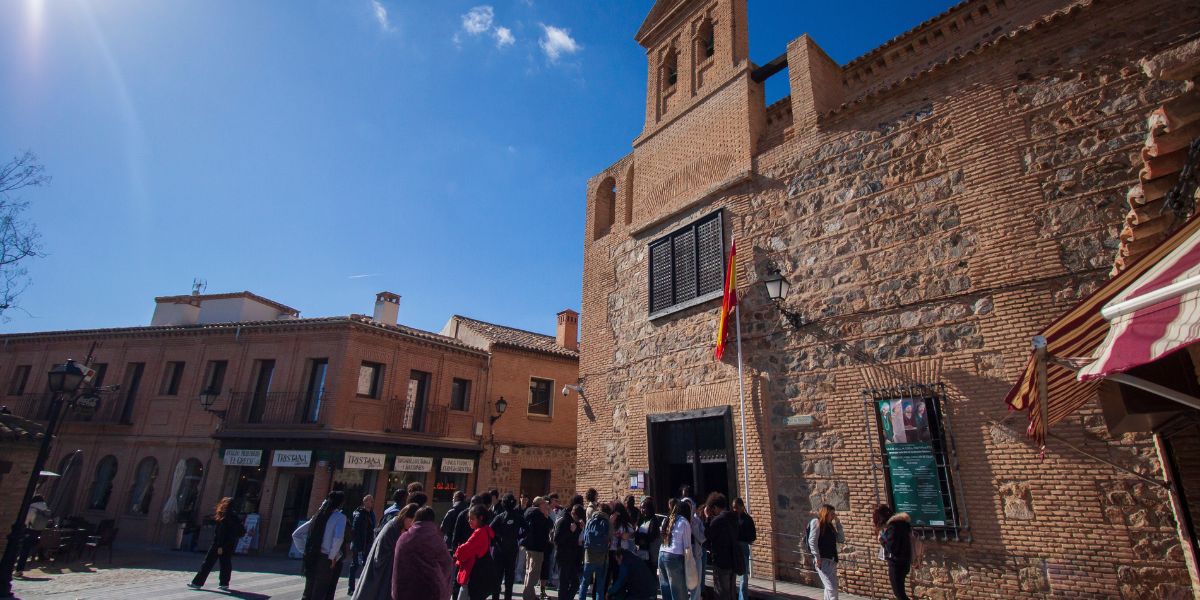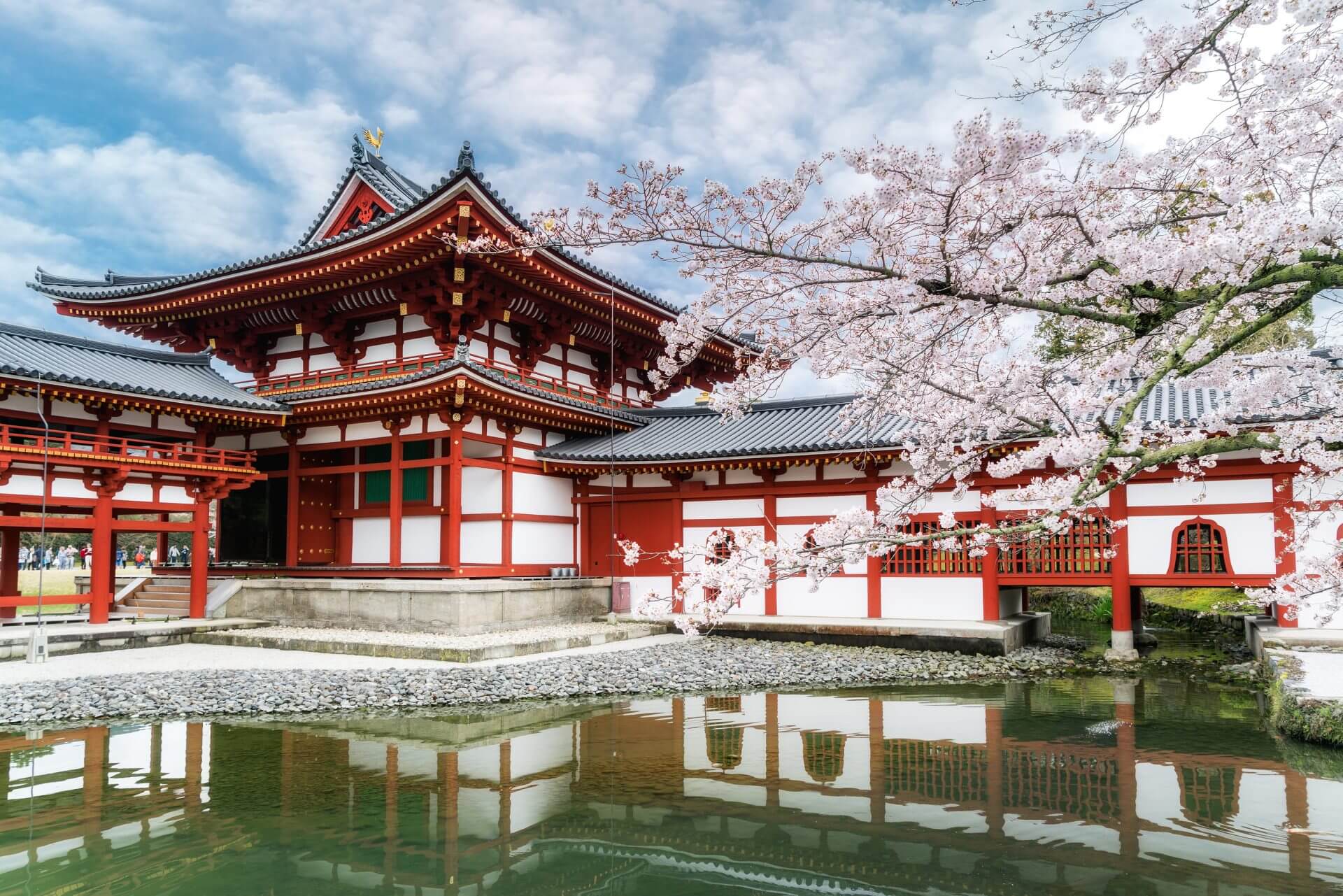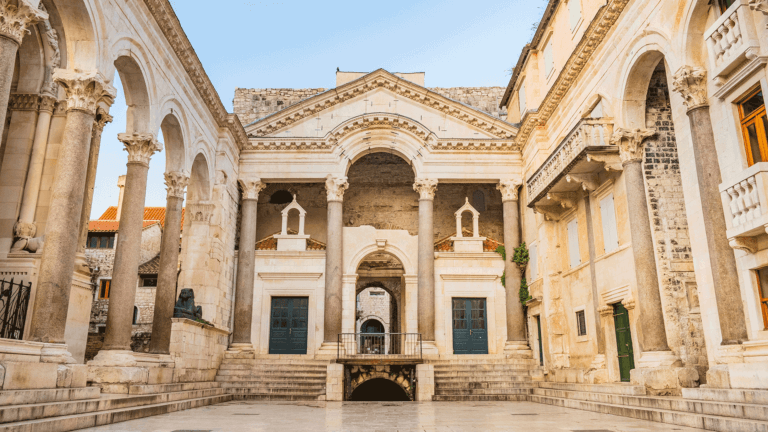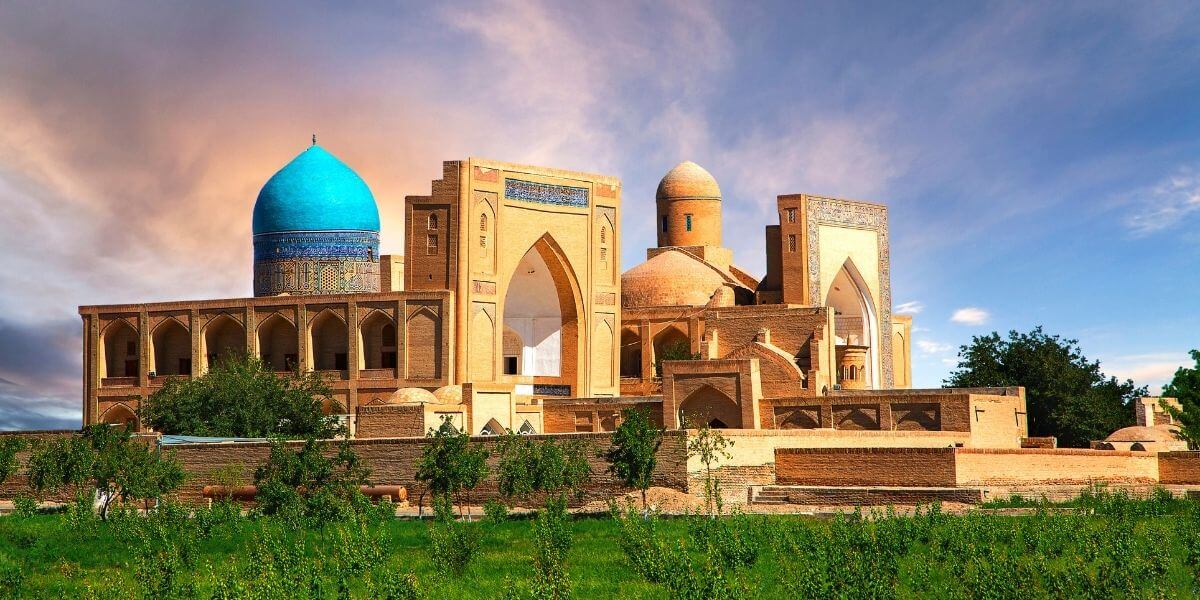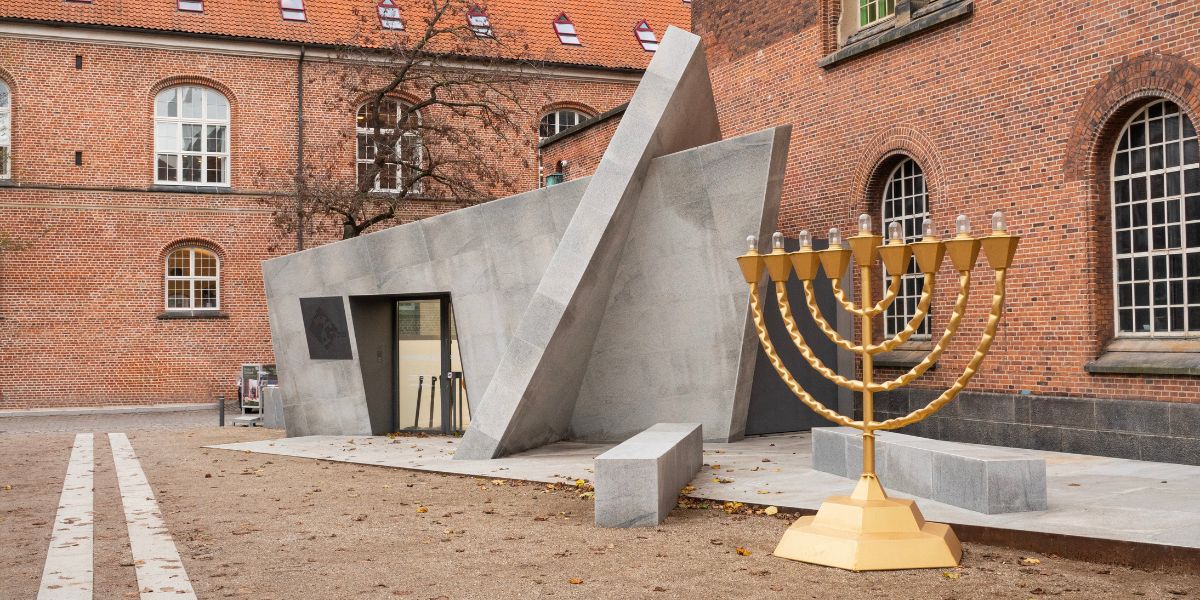Visiting synagogues in Spain is a real time-travel experience as many of these synagogues are the oldest in all of Europe. The fact that there used to be a very active and colorful Jewish community in Spain makes these ancient temples so unique and visit-worthy.
No matter how many times you visit Spain, there’s always more to see. It is a country with a myriad of unique sites for its visitors to see, enjoy, and learn about, like ancient synagogues and long-abandoned bathhouses. These sites help visitors learn about the country itself and its people.
A great part of the country’s history is its Jewish community, which over many centuries not only influenced Spain’s customs and traditions but art and architecture as well. Jewish sites in Spain are beautiful and diverse and include some of the oldest synagogues in Spain and in Europe.
Before and after the expulsion of Jews from Spain at the end of the 15th century, the community built a great variety of structures in the Jewish quarters across the country. Of particular relevance are Spain’s oldest synagogues – at the same time beautiful architectural wonders and historical sites. Let’s see three of the oldest temples.
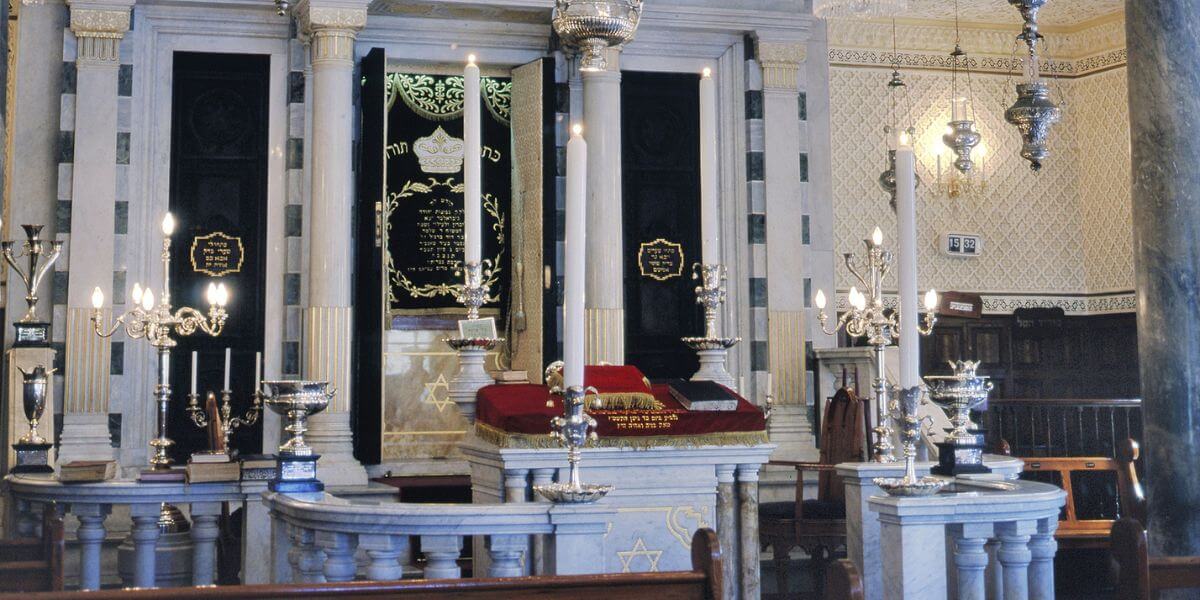
Where are the synagogues in Spain?
There are two synagogues in Barcelona. The Sephardic and Ashkenazi communities pray in separate synagogues in the same building. There are also synagogues in Alicante, Madrid, Benidorm, Ceuta, Canarias, Majorca, Marbella, Melilla, Tenerife, Torremolinos, Valencia, and Seville.
If you are considering a tour to Spain you should think about your tour guide, this post might help you pick the right one.
What is the oldest synagogue in Spain?
The answer to this is debated, but the Ibn Shoshan Synagogue and museum might just be the oldest synagogue in Spain. It’s located in Toledo, Spain and was erected in the late twelfth or early thirteenth century. It might be the oldest synagogue building in Europe that is still standing.
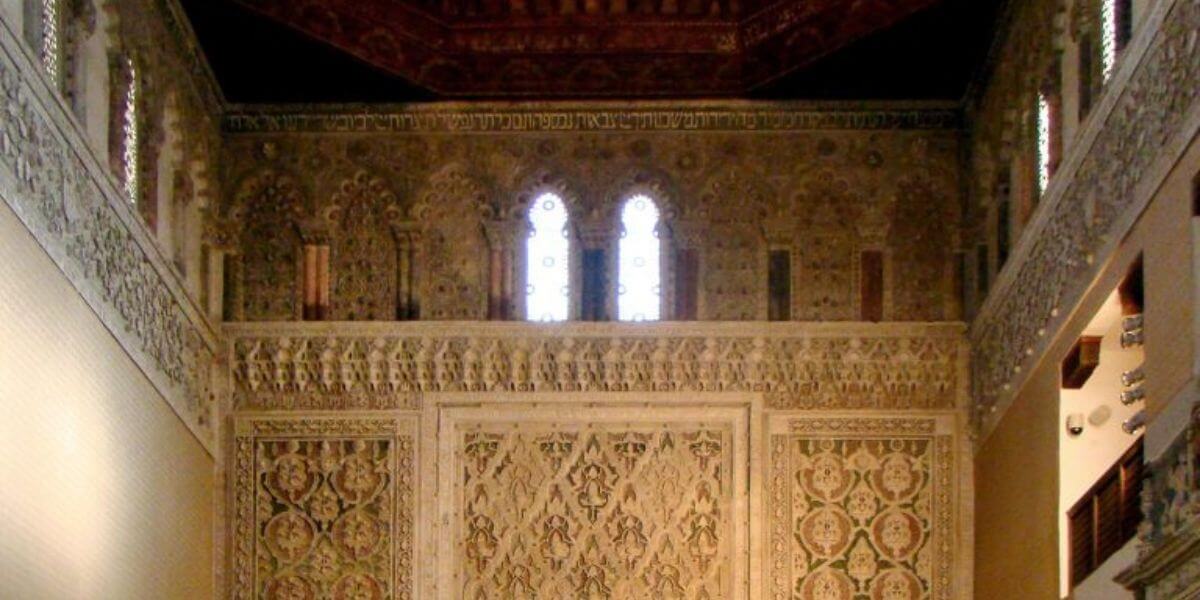
When was the ancient synagogue of Barcelona built?
The ancient synagogue of Barcelona is located in the center of Barcelona and was built in the 3rd or 4th century. It was expanded in the 13th century. The Synagogue recently reopened as a synagogue and museum, and in 2003 a Canadian couple became the first Jewish couple to be married there in over 600 years.
Read further to learn more about the Ancient Synagogue of Barcelona.
Learn about Spanish Jewish history here.
Let’s explore these old synagogues in Spain
Ancient Synagogue of Barcelona
Located in the center of Barcelona, we find our first marvel, one of the most spectacular Jewish sites in Spain. The Ancient Synagogue, or the Sinagoga Major, is not only one of the oldest synagogues in Barcelona but also one of the oldest synagogues in Spain, if not the oldest synagogue in Europe.
The structure itself was built sometime in the 3rd or 4th century, but it’s not quite clear when exactly people started using it as a synagogue. It was further expanded in the 13th century. However, many Jews died in the 1391 massacre, after which Barcelona’s synagogues had been used for various different purposes.
The Ancient Synagogue hadn’t been used for prayer for centuries, its original use forgotten, and additional stories added. But in 1987, work on locating the Sinagoga Major started, and it was found that this building had been constructed in accordance to religious requirements: it had two windows and it faced Jerusalem.
After careful restoration, in 2002 it was finally reopened as a synagogue and a museum, housing a 500-year-old Torah scroll donated by a New York attorney. Though prayers are not held regularly, it’s often used as an active synagogue for celebrations and festive occasions. As a matter of fact, a year after its opening, the very first couple in over six centuries was married in this ancient beauty. Wouldn’t it be amazing to see it for ourselves?
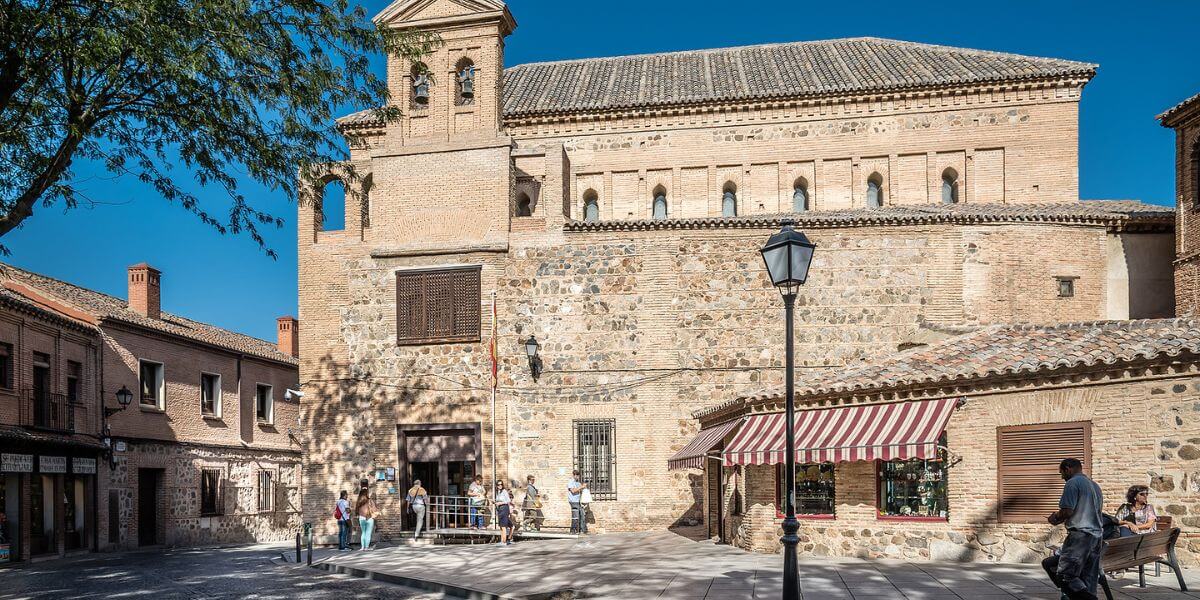
Synagogue of Santa María la Blanca in Toledo
We’ll now go to Toledo to see a former synagogue, now a museum owned and preserved by the Catholic Church. It is called the Synagogue of Santa María la Blanca, but people originally called it the Ibn Shushan Synagogue or the Congregational Synagogue of Toledo.
It is difficult to determine when and by whom exactly it was constructed. According to a discovered wooden tablet, it was built in 1180, though some documents also mention the year 1205. It is the oldest synagogue in Spain and it is possible that it is the oldest synagogue in Europe still standing.
It is also a unique surviving structure, seen as a symbol of cooperation and coexistence of different religions in the country, as it was likely built by Islamic or Moorish architecture for the Jewish community under the Christian Kingdom of Castile. It is a Mudéjar construction, but also one of the most beautiful examples of Almohad architecture.
Though it doesn’t have a women’s gallery today, it likely had one at some point. It started to be used as a church in the early 15th century, after the massacre of Jews in Toledo, when it was also renamed but was later used as a monastery, an armory, and a warehouse too. The building was declared a national memorial site and restored in 1856, today being the third most-visited historic monument in Toledo.
Córdoba Synagogue
On to our final historic edifice to see its architectural splendor and the finest decorations in Mudejar tradition. Córdoba Synagogue was built in 1315 in the Jewish Quarter of Córdoba. It’s not quite clear who used the synagogue at the time, especially given its smaller size.
One theory is that a trade guild converted a residence into a synagogue for their personal use. Another theory is that it was a private synagogue of a wealthy person, though it’s also possible that the complex was a yeshivah, kollel, or study hall.
After the expulsion of the Jews in 1492, the synagogue was used as a hospital, but the shoemakers’ guild acquired it in 1588 to use as a community center and a chapel. In 1885, the building was declared a National Monument, going through several phases of reconstruction since.
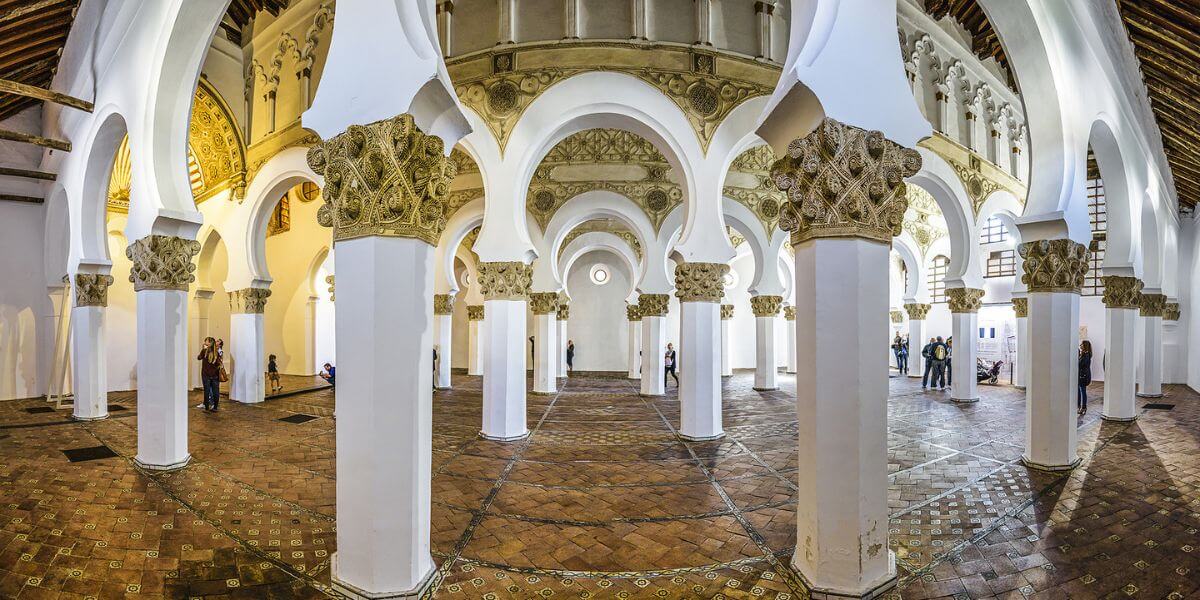
In 1935, the first Jewish prayer service in 443 years was held at the synagogue, and it was officially reopened in 1985. The only surviving structure of its kind, the Córdoba Synagogue no longer functions as a Jewish house of worship, but it’s open to us to visit it. Even though it no longer functions as a house of worship, it is still one of the oldest synagogues in Spain.
Explore private tours to Spain with Gil Travel.
These synagogues are not just mere buildings. They are surviving testimonies of the lives of a great number of people that had passed through their doors, coming here to pray.
The Jewish sites in Spain speak of a long, even if painful history, and of the culture of Jewish communities all across this great, old country. Visiting them is bound to be an unforgettable experience.
Interested in learning about the Jewish past in Spain? See what Jewish tours we offer here.
